Directory
- Share
Matthew Leming
- Alumni
- United States
- 2016 PhD Psychiatry
- Churchill College
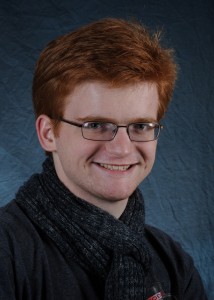
Matthew Leming
- Alumni
- United States
- 2016 PhD Psychiatry
- Churchill College
I grew up in a Navy family, moving around five different states before attending high school. As a student in the 5-year Computer Science BS/MS program at the University of North Carolina at Chapel Hill (with a minor in Russian language!), I became interested in computational analysis of diffusion MRIs of the brain as a means of detecting neurological disorders. This research took me to laboratories in St. Petersburg and London, as well as many hours on Linux machines at the UNC medical school. At Cambridge, I will pursue a PhD in Psychiatry, modeling structural and functional MRI data in infants using a neural connectome. I hope to establish a practical and theoretical basis for a new approach to neural connectomes that focuses on analyzing circuitous connections in the brain, as a way to predict mental illness and neurological disorders in children. In the future, I would like to found a research-based company that develops diagnostic image analysis techniques, focusing on both developing this technology and delivering it to the hands of medical doctors that can use it to directly impact the lives of others.
Previous Education
University of North Carolina
Maeve Lentricchia
- Alumni
- United States
- 2018 PhD Classics
- Queens' College
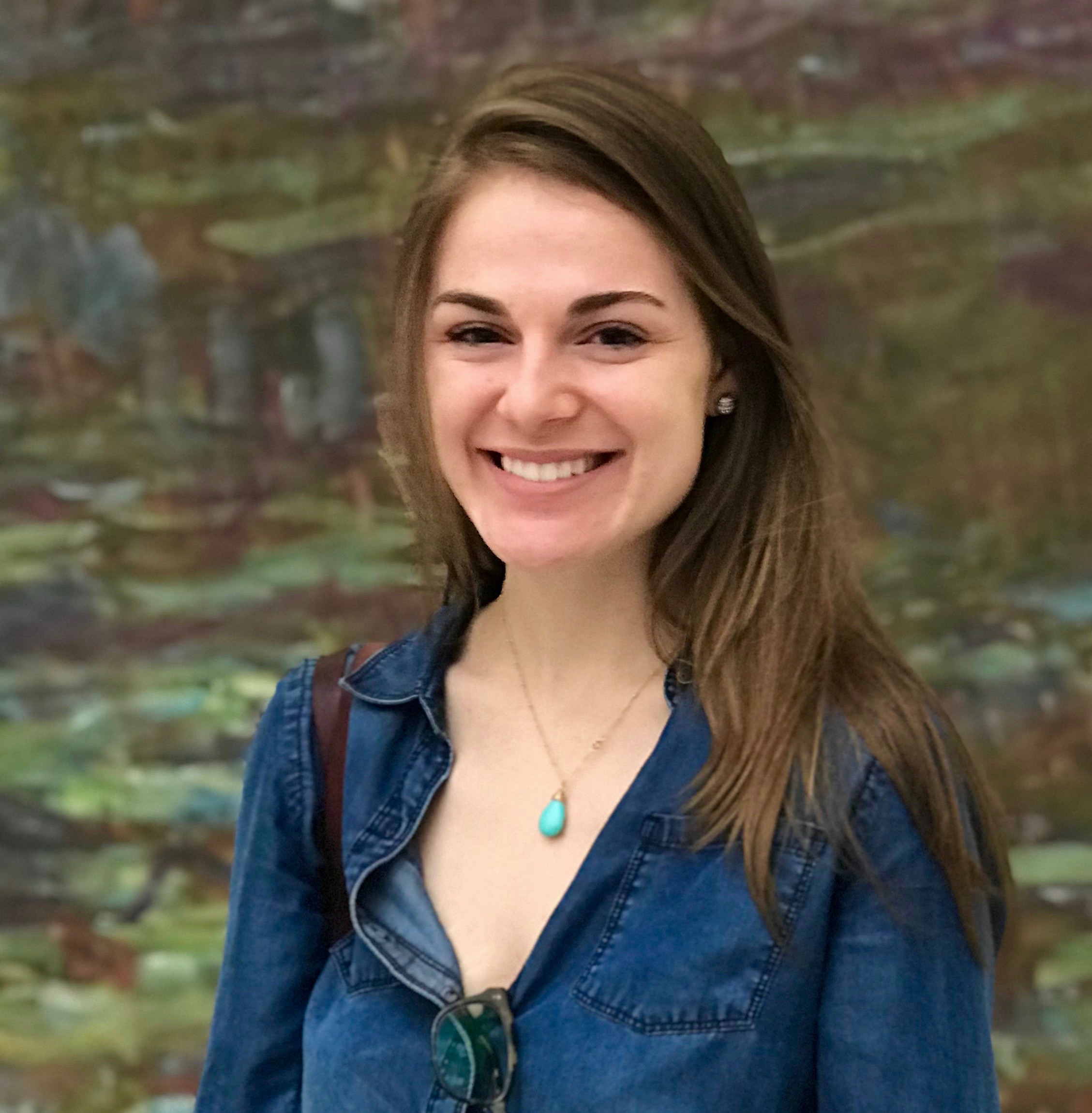
Maeve Lentricchia
- Alumni
- United States
- 2018 PhD Classics
- Queens' College
As an undergraduate at Dartmouth College, I developed an interest in death and dying. This interest alone does not make me unusual. People have always been interested in, if not concerned by, death. Mortality, after all, is something which all humans share. It is also something which has important consequences for how we live and think about our lives. Considering death involves considering what it is to live, and considering whether death can be a harm involves determining how to live a good life. As a PhD candidate in Ancient Philosophy at Cambridge, I will focus my research on Lucretius’ treatment of death and poetic immortality. With Lucretius as my guide, I plan to address the following questions: To what extent does a sustained reflection on mortality direct one’s philosophical and practical activities? In what sense does such an examination influence how we understand the shape or structure of human life? How might thinking about the nature and value of death shed light on questions of well-being, metaphysical and personal identity, and prudential reasoning? In thinking through the issues involved in these discussions it is my goal not only to illuminate Lucretius’ own views, but also offer some assistance in our own engagement with the same questions.
Previous Education
Dartmouth College
University of Cambridge
Anne Leone
- Alumni
- United States
- 2006 PhD Italian
- Sidney Sussex College

Anne Leone
- Alumni
- United States
- 2006 PhD Italian
- Sidney Sussex College
My PhD uses the cultural significance of blood in the Middle Ages to interpret the substance's role in the works of Dante.
Rachel Leow
- Alumni
- Malaysia
- 2007 PhD History
- St Catharine's College
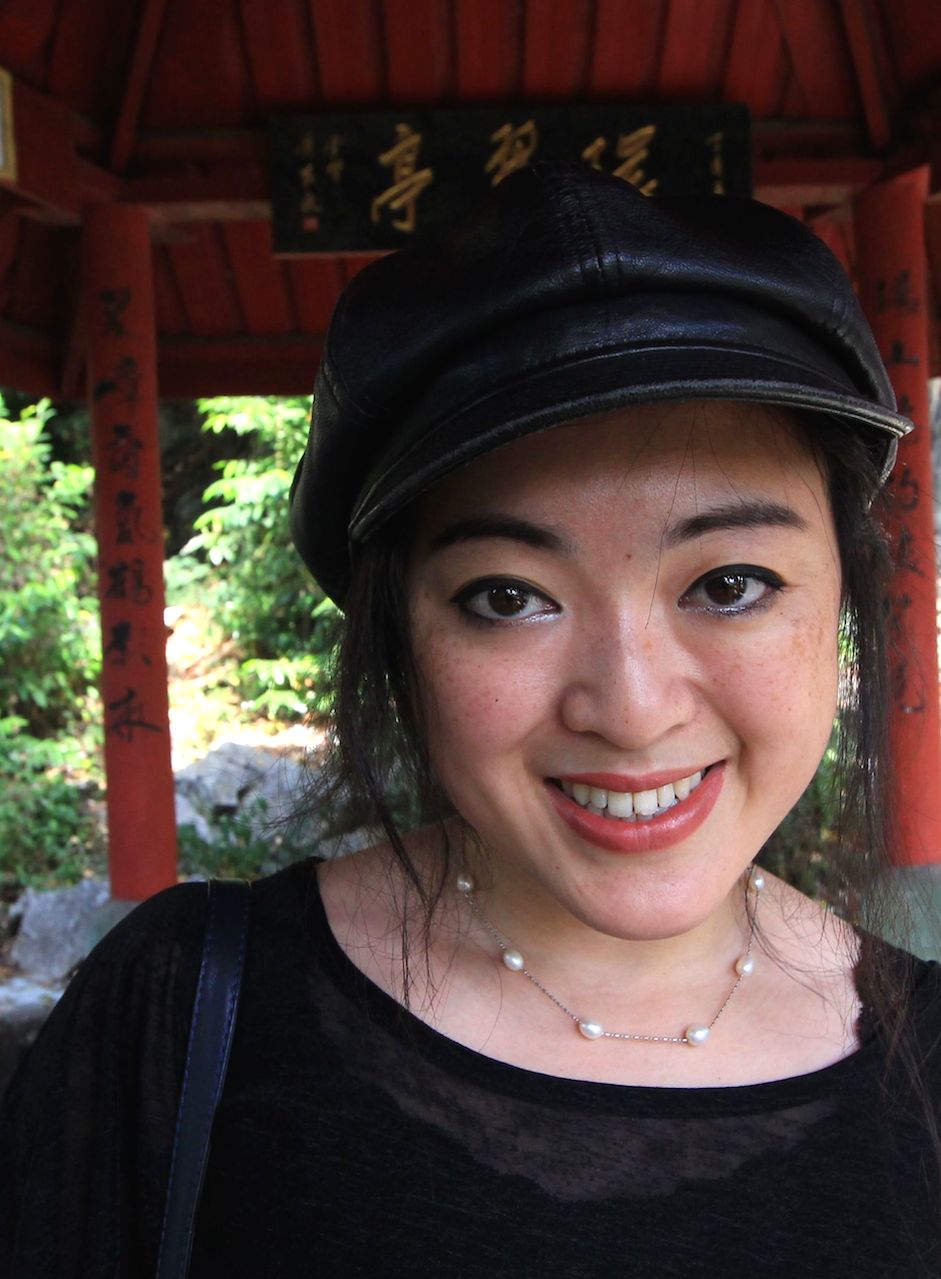
Rachel Leow
- Alumni
- Malaysia
- 2007 PhD History
- St Catharine's College
Ts'enolo Lerotholi
- Alumni
- Lesotho
- 2002 PhD Chemistry
- St Edmund's College

Ts'enolo Lerotholi
- Alumni
- Lesotho
- 2002 PhD Chemistry
- St Edmund's College
Anke Leroux (Wurzbacher)
- Alumni
- Germany
- 2002 PhD Land Economy
- Darwin College
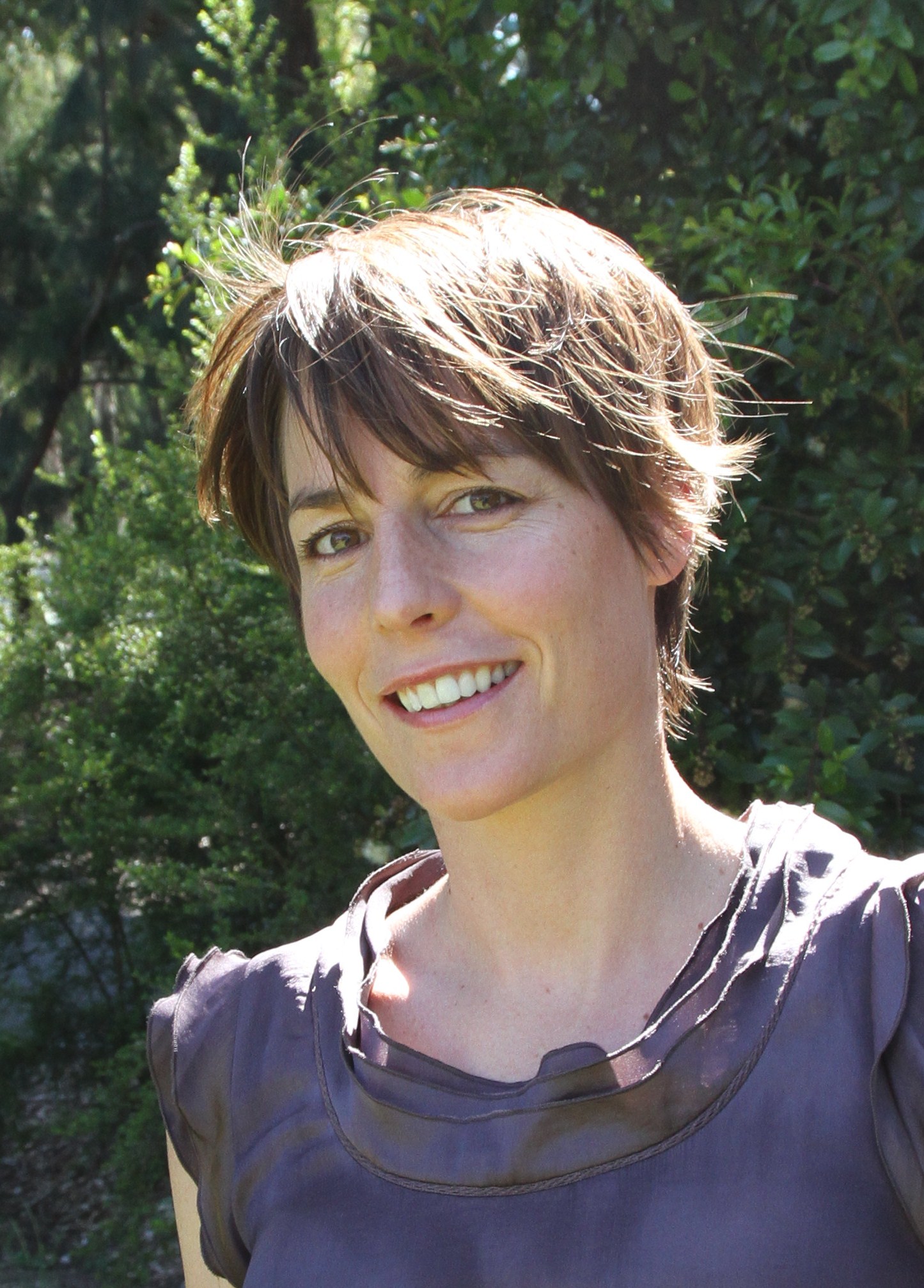
Anke Leroux (Wurzbacher)
- Alumni
- Germany
- 2002 PhD Land Economy
- Darwin College
Anke completed her PhD at Cambridge University in 2006. She is an environmental and natural resource economist and is particularly interested in problems of optimal natural resource use and conservation under conditions of risk, uncertainty and irreversibility. She has applied her research on climate change adaptation to inform policy in the areas of optimal land use, biodiversity conservation, invasive species, salt marsh conservation and water management. She is currently an Associate Professor at the Department of Economics at Monash University in Melbourne, Australia and an Associate Editor of Environmental Conservation, Cambridge University Press.
Previous Education
University of Melbourne BA Environmental Studies/Japanese, Hon Environmental Economics, B.Com. Economics 1998
University of Cambridge MPhil Environmental Policy
Links
http://www.buseco.monash.edu.au/eco/staff/#academic
https://sites.google.com/a/monash.edu/anke-leroux/Home
Ioannis Lestas
- Alumni
- Cyprus
- 2002 PhD Engineering
- Trinity College

Ioannis Lestas
- Alumni
- Cyprus
- 2002 PhD Engineering
- Trinity College
Hilary Levey Friedman
- Alumni
- United States
- 2002 MPhil Modern Society & Global Transitions
- Lucy Cavendish College
Hilary Levey Friedman
- Alumni
- United States
- 2002 MPhil Modern Society & Global Transitions
- Lucy Cavendish College
Prof. Hilary Levey Friedman is a sociologist and expert on beauty pageants, childhood and parenting, competitive afterschool activities, and popular culture who teaches in the Department of American Studies at Brown University.
Her book, Playing to Win: Raising Children in a Competitive Culture, follows families with elementary school-age children involved in chess, dance, and soccer covering the history of the activities, what they mean to parents and children, and implications for inequality and gender in the educational system.
She is also the Book Review editor at Brain, Child Magazine and an advisor with the National Council on Youth Sports Safety.
Dr. Levey Friedman can intelligently comment on stories about topics including afterschool activities, the American family, beauty pageants, competition, competitive sports, dance competitions, reality television, parenting, scholastic chess, working children, and youth sports injuries. She holds degrees from Harvard University, Princeton University, and the University of Cambridge.
Noa Levin
- Alumni
- Israel
- 2014 Mphil European Literature and Culture
- Trinity College

Noa Levin
- Alumni
- Israel
- 2014 Mphil European Literature and Culture
- Trinity College
Nicholas Levine
- Alumni
- United States
- 2014 MPhil History, Philosophy and Sociology of Science
- Clare College
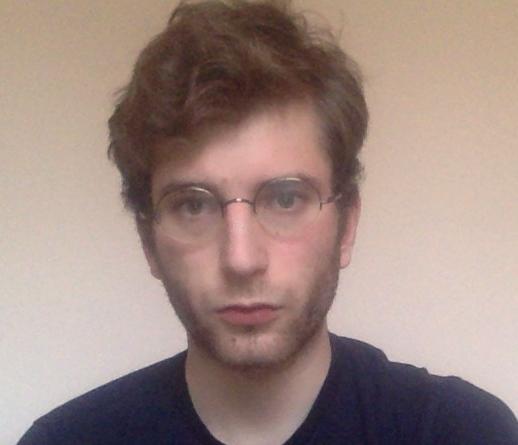
Nicholas Levine
- Alumni
- United States
- 2014 MPhil History, Philosophy and Sociology of Science
- Clare College
My research at Cambridge will examine how the social sciences have created and constrained political and economic agency, particularly during the 20th century. In the past, I have done research on particle physics, the classification of government documents, and the history of prediction. I have also developed and taught courses to middle schoolers on poetry and the history and politics of New Haven. My ultimate goal is to become a history and social studies teacher, and to incorporate the lessons of the humanistic study of science and technology into secondary school curricula. To that end, I am also interested in the future in studying and developing pedagogical techniques that inspire laughter, critical thought, and political engagement. I grew up in New York City and often miss riding its subways when I’m away.
Sheina Lew-Levy
- Alumni
- Canada
- 2014 Mphil Human Evolutionary Studies
- Fitzwilliam College
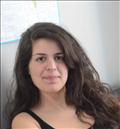
Sheina Lew-Levy
- Alumni
- Canada
- 2014 Mphil Human Evolutionary Studies
- Fitzwilliam College
After two years studying survival skills and cultural mentoring at Wilderness Awareness School near Seattle, WA, I completed a degree in anthropology at McGill university, focusing both on African indigenous groups and Canadian First Nations. At Cambridge, I hope to study how hunter-gatherer children learn the skills needed to survive in their environment, in order to infer how our human ancestors did so as well. I hope that this research culminates in a better understanding of the evolutionary roots of learning, in order to help make changes to the schools that serve children in the western world, and in indigenous communities alike.
Stephen Lezak
- Alumni
- United States
- 2019 PhD Polar Studies
- Trinity Hall

Stephen Lezak
- Alumni
- United States
- 2019 PhD Polar Studies
- Trinity Hall
My work focuses on the connections between human and physical landscapes. My past research began at Oberlin College and continues today at the University of Oxford, always supported by my extraordinary mentors. With their guidance, I examine the nexus of climate, extractive industries, and the human communities most directly affected by environmental change. In the past several years, I have studied these transformations in rural Mongolia, expanding and curtailing opportunities for nomadic herders living in the Gobi Desert. To date, my research has been published and featured in several academic and popular outlets, including The Washington Post. At Cambridge, I will be studying many of these same socioecological systems, but in the context of the Arctic. By focusing on the world’s fastest-warming region, I hope to examine the (un)natural laboratory of melting glaciers and retreating sea ice. While these changes send some communities into retreat, they also create new opportunities for developers and extractors to prospect for wealth in Earth’s last terra incognita. This new frontier offers a glimpse into a future where climate change doesn’t cause the end of the world but the beginning of a new chapter of socioecological history. I hope my research will shed light on this future to inform policy and innovation that helps vulnerable communities cope with the pressing demands of a changing climate.
Previous Education
University of Oxford Env. Change and Management 2017
Oberlin College Politics
Anne Lheem
- Scholar
- United States
- 2023 MPhil Multi-Disciplinary Gender Studies
- Trinity College
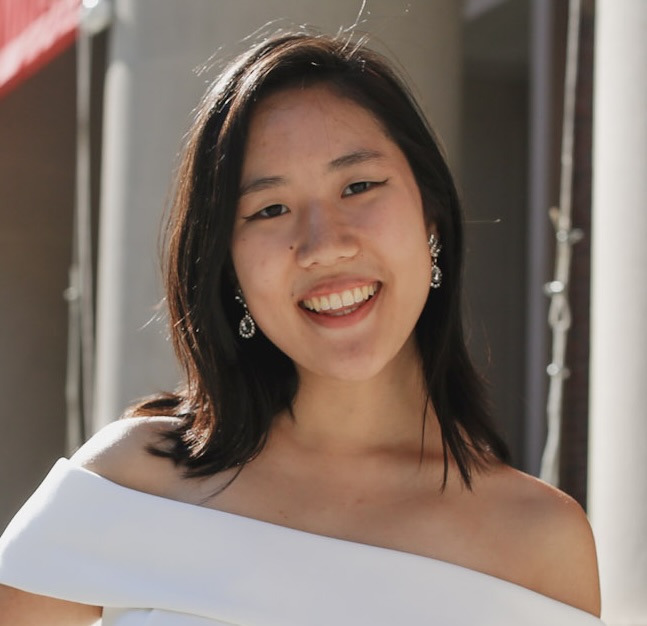
Anne Lheem
- Scholar
- United States
- 2023 MPhil Multi-Disciplinary Gender Studies
- Trinity College
I grew up in a small town in North Carolina, after which I studied anthropology and global health at Harvard College. Combined with my interests in cultural psychiatry, history of medicine, and East Asian studies, I wrote a senior honors thesis unpacking the history, present-day implications of, and lived experiences behind women’s engagements in the plastic surgery industry in South Korea, highlighting how colonial and imperial influences gave way to the normalization of aesthetic standards rooted in racialized and gendered notions of “beauty,” and discussing this phenomena’s implications in South Korean discourses around health, gender, citizenship, and geopolitics. I plan to continue this line of research through Cambridge’s MPhil in Multi-Disciplinary Gender Studies, as I apply a more rigorous understanding of feminist theory and methodologies to my work. More generally, I am passionate about devising more culturally and gender inclusive ways of understanding mental health, fighting for equity in health and education access, and contributing to more diverse approaches of studying—and teaching—the social sciences, especially in its application to health and education.
Previous Education
Harvard University Anthropology 2022
Guangru Li
- Alumni
- China
- 2011 PhD Physics
- Queens' College
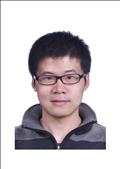
Guangru Li
- Alumni
- China
- 2011 PhD Physics
- Queens' College
Julia Li
- Alumni, Trustees
- Canada
- 2008 MPhil Bioscience Enterprise
2009 PhD Engineering - St John's College
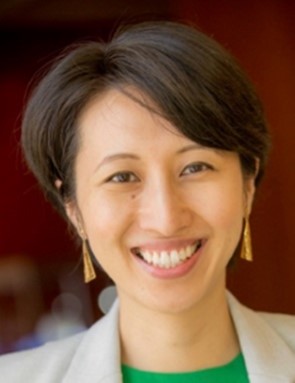
Julia Li
- Alumni, Trustees
- Canada
- 2008 MPhil Bioscience Enterprise
2009 PhD Engineering - St John's College
Julia completed a PhD Engineering in 2012, which focused on innovative financing solutions for global health. Stemming from her PhD research at Gates Cambridge, she originated, raised and deployed the world's first $108mm Global Health Investment Fund with Lion's Head Global Partners and the Bill and Melinda Gates Foundation. The purpose of the fund was to provide financing to advance the development of drugs, vaccines, diagnostics and other interventions against diseases that disproportionately burden low-income countries. Before coming to Cambridge, Julia qualified as a Chartered Accountant with KPMG's Canadian biotechnology practice and undertook projects for a variety of organisations including GAVI and WHO. During her time in Cambridge, Julia co-founded the African Innovation Prize, served on the University Council, and initiated and convened the Cambridge Global Health Commercialization and Funding Roundtable. Julia is currently based in London's White City biomedical campus as Co-Founder & CEO of Micrographia Bio, a deeptech bio company focused on applying machine learning to bioimaging to accelerate drug discovery.
Larry Li
- Alumni
- Canada
- 2006 PhD Engineering
- Emmanuel College

Larry Li
- Alumni
- Canada
- 2006 PhD Engineering
- Emmanuel College
Born in Hong Kong and raised in Canada, I began my research career in the Applied Fluid Mechanics Laboratory at UBC, using advanced laser-based diagnostics to investigate the air-blast atomization of viscoelastic liquids. Since moving to Cambridge in 2006, I have been searching for ways to use self-excited hydrodynamic modes in fuel injectors to weaken thermoacoustic instabilities -- a historically recurring problem now plaguing the next generation of low-NOx gas turbines.
Michael Li
- Alumni
- Australia
- 2015 MPhil Engineerng for Sustainable Dev
- Clare College
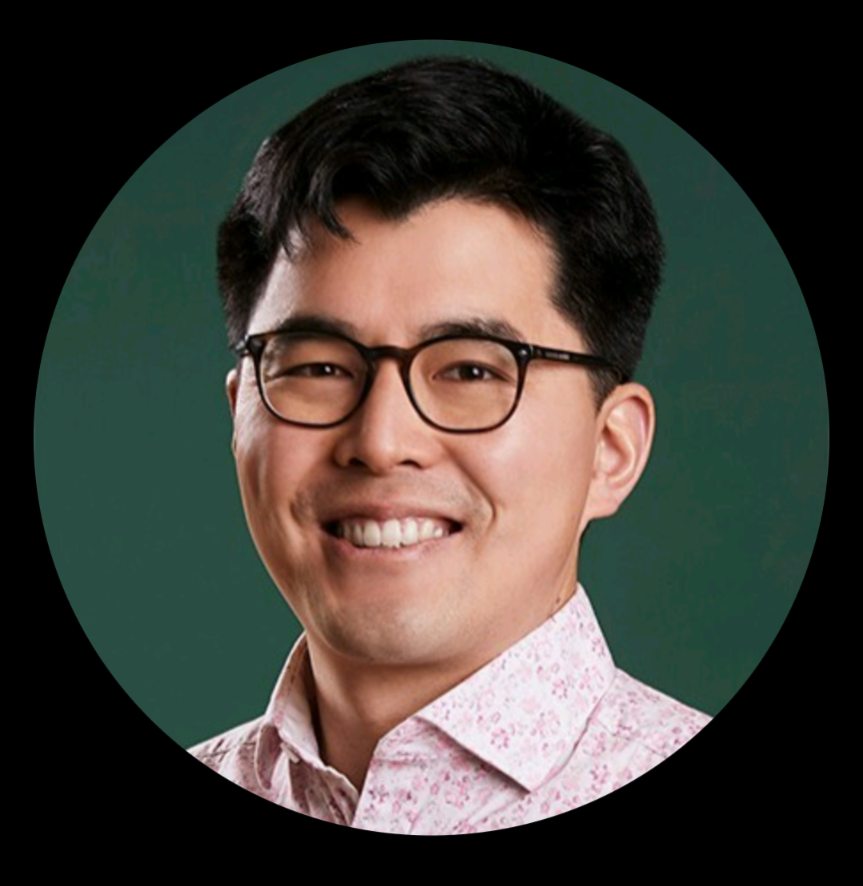
Michael Li
- Alumni
- Australia
- 2015 MPhil Engineerng for Sustainable Dev
- Clare College
My goal is to deliver credible research evidence to influential government, business and community stakeholders, in the right way with the right people and at the right time, achieving positive impact for people and planet.
I lead the Research, Analysis and Modelling team that provides strategic direction on research capabilities at Climateworks. I work closely with program delivery teams to provide independent and objective advice on research practice, and the interpretation and translation of analysis relating to decarbonisation. I also support coordination of staff capacity and professional development of analysts working across Climateworks, and host forums for sharing best practices.
As well as working part-time at Climateworks, I am a parent to three young children.
Previously, I managed the research and engagement activities of the Built to Perform initiative in close collaboration with industry and government. This resulted in a once-in-a-decade reform of building energy regulations, and to my recognition as Young Energy Efficiency Professional of the Year at the 2018 National Energy Efficiency Awards.
I also led Reshaping Infrastructure, which transformed previously fixed mindsets around the influence of physical infrastructure on greenhouse gas emissions and is catalysing policy reforms by governments across Australia. During this time I led the expansion of Climateworks' cities, transport and infrastructure workstream, which included making the strategic and business cases for a new work program and supporting relevant fundraising and recruitment activities.
I led a multidisciplinary team of around a dozen people to deliver the Climateworks Centre Decarbonisation Scenarios 2023, which is now the preeminent evidence base cited by the Australian public and private sectors for setting emissions targets in line with the Paris Agreement.
I hold Bachelor’s degrees in engineering and mathematics from the University of Melbourne and a Master’s degree in sustainable development from the University of Cambridge.
Previous Education
University of Melbourne
Links
Xinyi Li
- Scholar
- China
- 2021 PhD Medical Science at the Cambridge Institute for Medical Research
- Christ's College
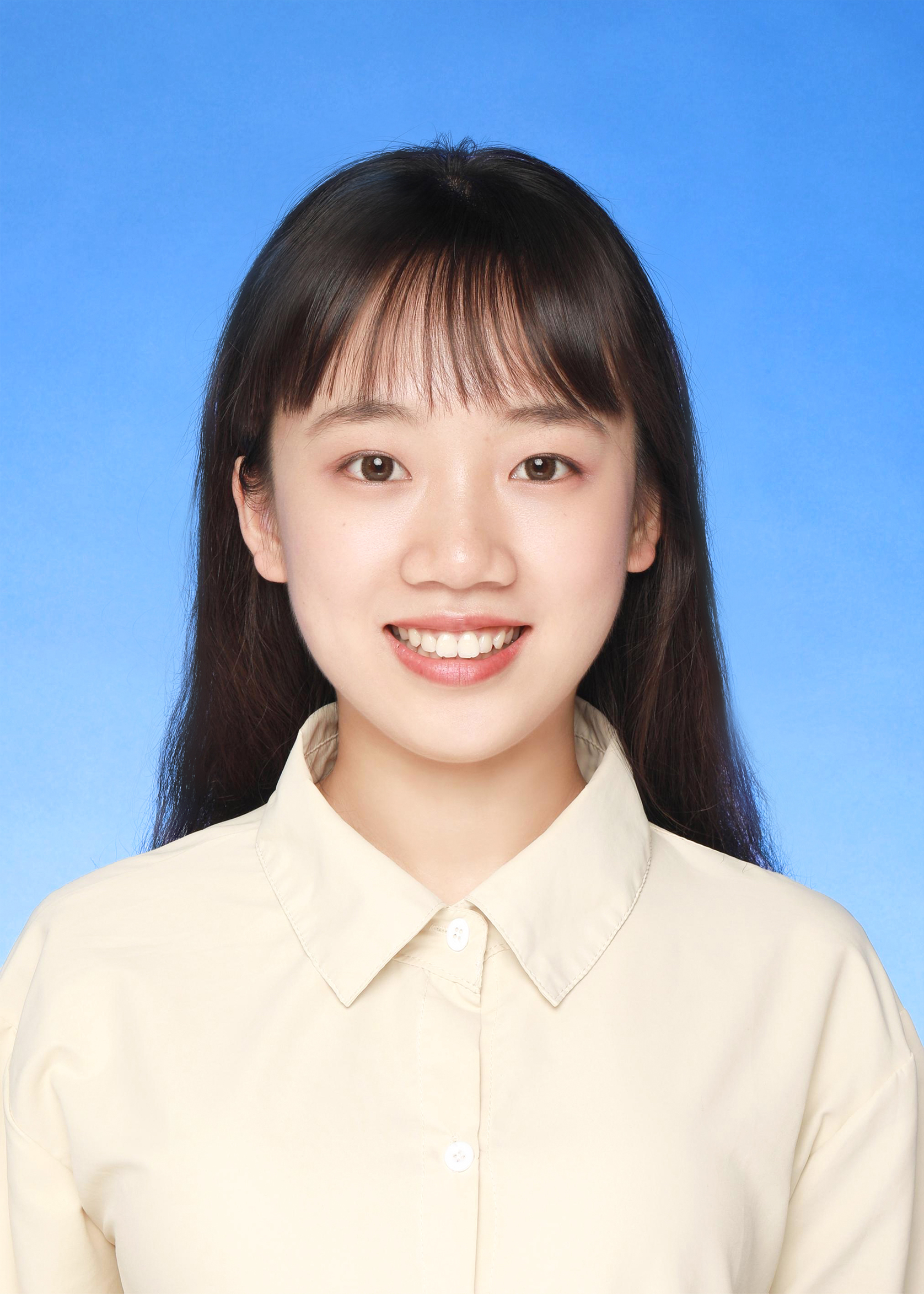
Xinyi Li
- Scholar
- China
- 2021 PhD Medical Science at the Cambridge Institute for Medical Research
- Christ's College
The childhood mystery behind my grandparents’ “magic” to keep annoying insects away from plantations with used mouthwash sparks my curiosity for life science. As a girl raised in an underdeveloped region in western China, I am the fortunate one of many who continues chasing my dream during my bachelors in Shanghai Jiao Tong University. Being exposed to interdisciplinary subjects ranging from molecular biology, immunology to computational structural biology enables me to appreciate the beauty of the human body. In particular, I am deeply fascinated by the elegant complexity of the physiology and pathology of the nervous system.During my PhD studies in Medical Science, I’ll seek to disclose the intriguing mechanisms underlying neurological disorders, and focus on designating therapeutic strategies for neurodegenerative diseases. With my effort, I am also hoping to promote equal access to science and innovation for individuals. It is a great honour for me to be selected as Gates Cambridge Scholar and I am looking forward to bettering society with the world’s bright minds.
Previous Education
Shanghai Jiao Tong University Biomedical Science 2021








